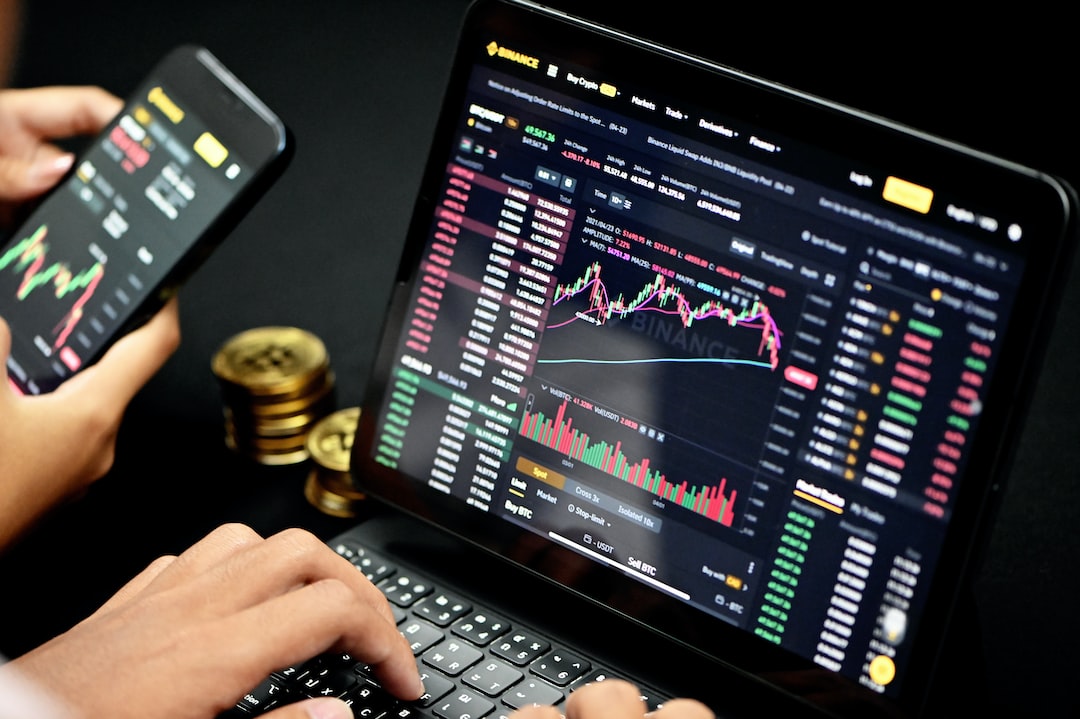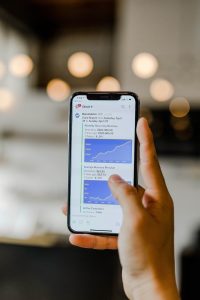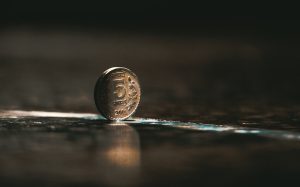The foreign exchange market, commonly referred to as the forex market, is the largest financial market in the world. It is a decentralized market where currencies are traded 24/7 across different time zones. The forex market is an important part of the global financial system, as it facilitates international trade and investment.
The forex market has grown significantly over the years, with the daily trading volume hitting $5.1 trillion in 2016, according to the Bank for International Settlements (BIS). This represents a 33% increase from the $3.9 trillion daily trading volume recorded in 2010. The forex market continues to expand, with the latest estimates indicating that the daily trading volume now stands at around $6.6 trillion.
The forex market is made up of different players, including central banks, commercial banks, hedge funds, retail traders, and multinational corporations. These players trade currencies for various reasons, such as to hedge against risks, to make profits from price movements, or to facilitate cross-border transactions.
Central banks are among the most significant players in the forex market, as they use their reserves to influence the value of their currencies. For instance, a central bank can buy its currency in the market to strengthen it or sell it to weaken it. This intervention is often done to maintain price stability, support economic growth, or achieve other policy objectives.
Commercial banks also play a crucial role in the forex market, as they act as intermediaries between different currencies. They facilitate international transactions by converting one currency to another and charge a fee for their services. Commercial banks also engage in speculative trading to make profits from price movements.
Hedge funds and other institutional investors are also active in the forex market, as they seek to generate returns by taking advantage of market inefficiencies. They use sophisticated trading strategies and tools to analyze market data and make informed investment decisions. Retail traders, on the other hand, are individual investors who trade currencies for personal gain. They use online platforms to access the forex market and make trades based on their own analysis or advice from brokers.
Multinational corporations are another significant player in the forex market, as they engage in cross-border transactions involving different currencies. They use the forex market to hedge against currency risks and to manage their cash flows. For instance, a company that imports goods from another country may use the forex market to buy the foreign currency needed to pay for the goods.
The forex market is highly liquid, meaning that there is always a buyer and a seller for every currency pair. This liquidity makes it easy for traders to enter and exit positions quickly and at a low cost. The forex market also operates 24/7, which means that traders can access it at any time of the day or night, depending on the time zone.
In conclusion, the forex market is a crucial part of the global financial system, as it facilitates international trade and investment. It has grown significantly over the years, with the daily trading volume now standing at around $6.6 trillion. The forex market is made up of various players, including central banks, commercial banks, hedge funds, retail traders, and multinational corporations. The market is highly liquid and operates 24/7, making it easy for traders to access and trade currencies.






